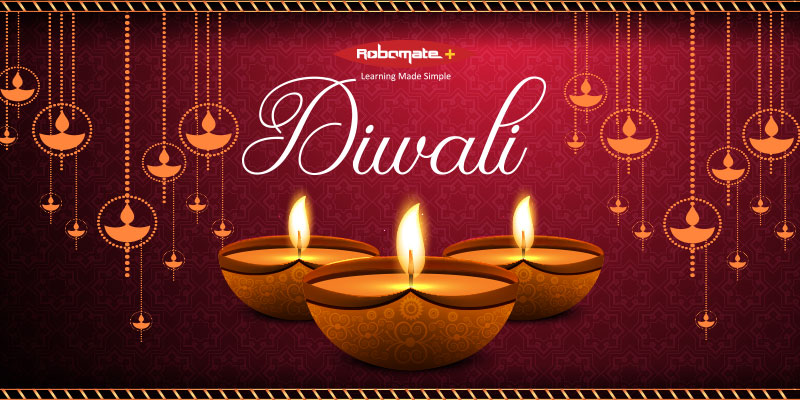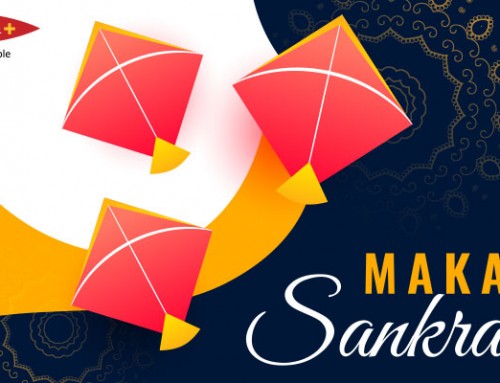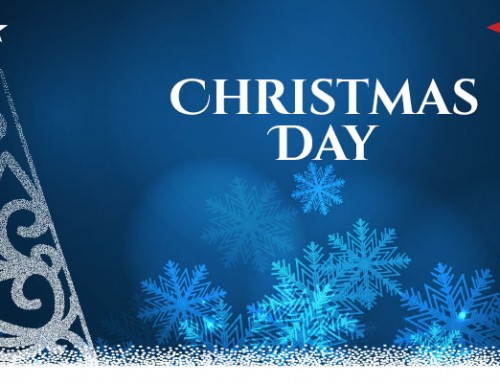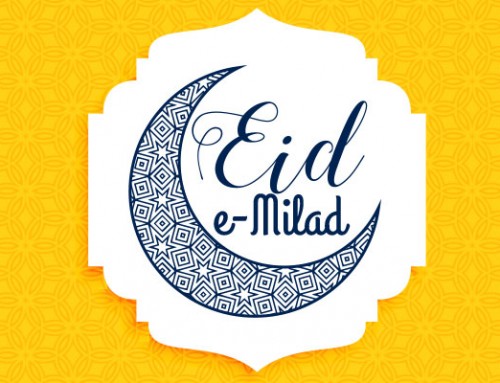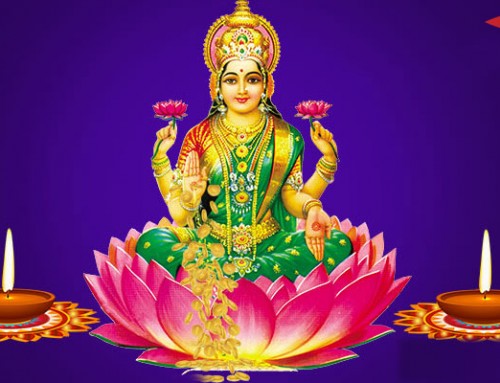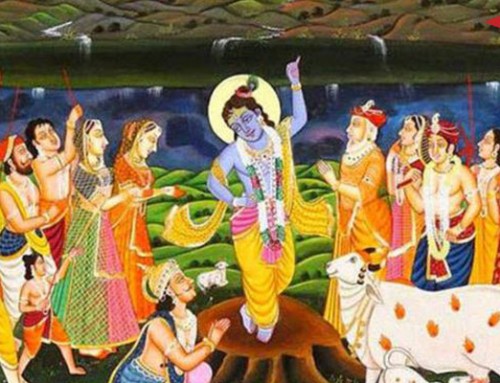What is Diwali or Deepawali?
The word Deepawali is derived from 2 words of Sanskrit “deep” and “awli”. “Deep” means the lamp and the meaning of the “awli” is series or an arrangement of something in continuous line. In this way Deepawali means a line or series of the lamps.
Diwali or Deepawali is the main festival of Hindus and is very popular. It is a festival of lights, crackers, and sweets. On this day, everyone wears new clothes, enjoys sweets, and bursts crackers. Lord Ganesha and Goddess Lakshmi are worshiped on the day of Diwali. This festival highlights victory of light over darkness. On this day, people light candles and lamps. Different types of colorful lights are installed including LEDs. Sweets are also distributed in the evening.
Deepawali also celebrates the teachings of Sikhs, Buddhists, and Jains.
This year (2018), the festival of Diwali will be celebrated on 7th November 2018, Wednesday.
History of Diwali festival
On the day of Deepawali, Lord Shriram returned to Ayodhya after spending 14 years of exile. To honor Shriram, residents of Ayodhya lit lamps of ghee. That day was the new moon of the month of Kartik. Ayodhya was showered in light after a long period of darkness. Since then, this day is celebrated every year as the All India Light Festival (Deepawali). This festival shows that good always prevails over evil; the victory of truth always prevails. This festival is celebrated on the new moon day of Kartik month.
On this day, Pandavas also returned home after spending 12 years of exile. According to the Hindu calendar, the New Year starts on the day of Deepawali.
How is Diwali celebrated?
Everyone looks forward to celebrate the festival Deepawali. People clean their homes, whitewash, paint, and decorate their homes.
Shopkeepers clean their shop and even paint their shops. Markets shine with fresh new color on the days of Deepawali. The ladies of the houses decorate Rangoli on this day. People celebrate by bursting crackers. Everyone worships Lord Ganesha and Lakshmi and other deities by following their own rituals and worship process. Goddess Lakshmi is requested to come home to brings happiness.
Importance of Deepawali festival
On this day, people buy gold ornaments, utensils, clothes and other things. Sales touch the highest point of the year on these days (around 5-7 days near the day of Diwali) and shop keepers get an opportunity to earn extra profit on this occasion. Crackers and fireworks sell a lot on the days running up to Diwali.
The festival of Dhanteras is celebrated two days before Deepawali. It is considered auspicious to buy household things like utensils, gold ornaments, refrigerators, washing machines, etc. For the ritual worship in the evening, people bring idols of Ganesh-Lakshmi and buy “Kheel-Batashe”. On Diwali, people believe that their worship of Ganesh-Lakshmi will bring these gods to their homes and fill their life with happiness, wealth, and prosperity. On this day, the god of wealth “Kuber” is also worshiped.
Diwali festival in the other countries of the world
This festival is celebrated in India, Nepal, Sri Lanka, Malaysia, Mauritius, Singapore, Pakistan and Australia. In Nepal, it is celebrated with special fanfare. On this day, the New Year begins in the Nepalese society.
In Nepal, the festival of Diwali lasts for five days. Crows are worshiped on the first day. On the second day, the dogs are given “Prasad” for their honesty. On the third day, the offerings are given to the cows. Prasad is given to the bull on the fourth day.
In Malaysia, Hindu people invite people of other religions on food and to celebrate Diwali with them.
In Sri Lanka, the festival of Deepawali is celebrated by the Tamil community by dancing, lighting lamps, bursting crackers and inviting friends for meals.
In the United States- Diwali festival is celebrated in the White House. Diwali festival was celebrated for the first time in the White House in 2003. It was announced by former President George Bush. In 2009, President Barack Obama also participated in the festival ceremony.
In Britain, Indians live in large numbers. Prince Charles has often joined Deepawali’s celebration. The festival of Deepawali is celebrated mainly in Britain’s Swaminarayan temple.
In Mauritius- Hindus live there in large number. Diwali is a government holiday there.
Diwali and air pollution
There are many harmful effects of Deepawali fireworks. These fireworks contain flammable material. Every year a number of accidents happen just because of firecrackers, and a lot of people lose their lives and money. Many a times fireworks factories catch fire and the losses incurred are huge. Every year many workers lose their lives.
Since crackers release a lot of smoke and gases it causes air pollution. So the government is now prohibiting fireworks and material that makes crackers. Asthma and heart patients suffer from breathing difficulties during this period due to air pollution.
In addition, small children also suffer from breathing diffficulties. That’s why we all should celebrate pollution-free Diwali.
How to celebrate Diwali without pollution
If possible, do not burst crackers. If very necessary then burst eco-friendly crackers. The sound produced by the eco-friendly crackers is produced by vacuum combustion method. These days, people prefer electric sparkles which continuously emits sparkles without any pollution or smoke. These crackers are not only the cheaper option but also are very safe to use and keep the environment clean. Those who think that they have money to buy crackers are recommended to donate their money to poor people and let them celebrate their Diwali. Celebrating a fireworks free Diwali is possible. Take the example of Koothankulam village in Tirunelveli district of Tamil Nadu. This village decided not to burst any firecrackers to help save migratory and local birds.
Diwali festival is the festival of light, happiness, prosperity and divine moment. So, enjoy it to the fullest, keep the environment safe and clean, let the happiness prevail.



